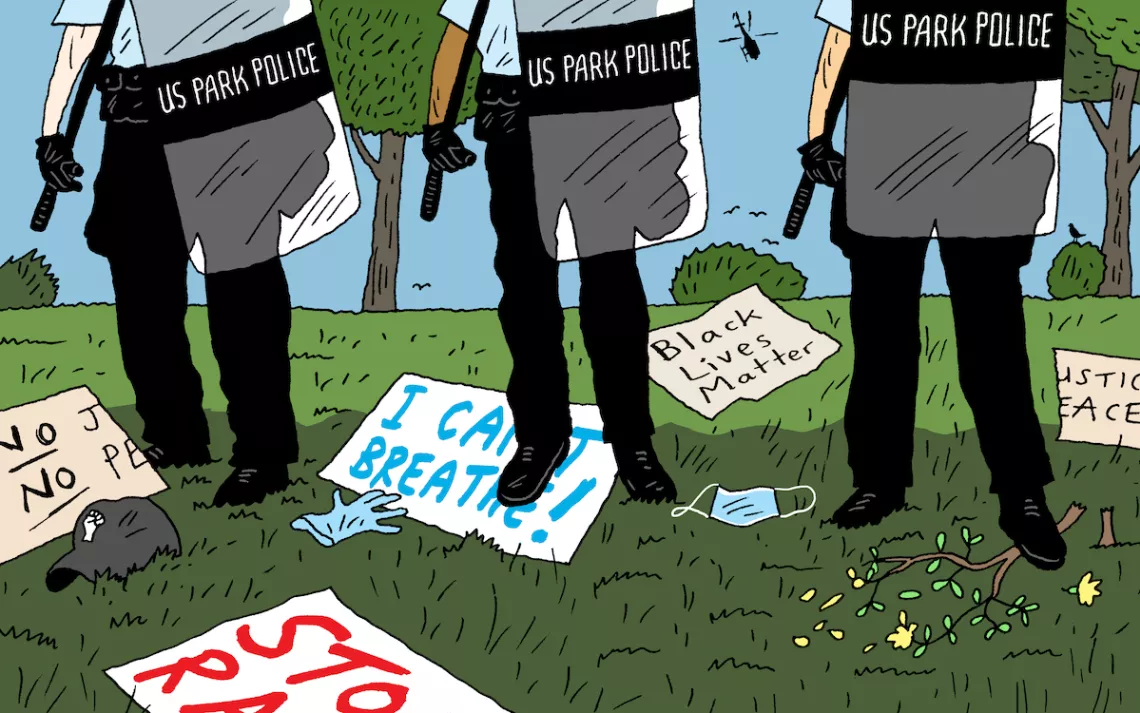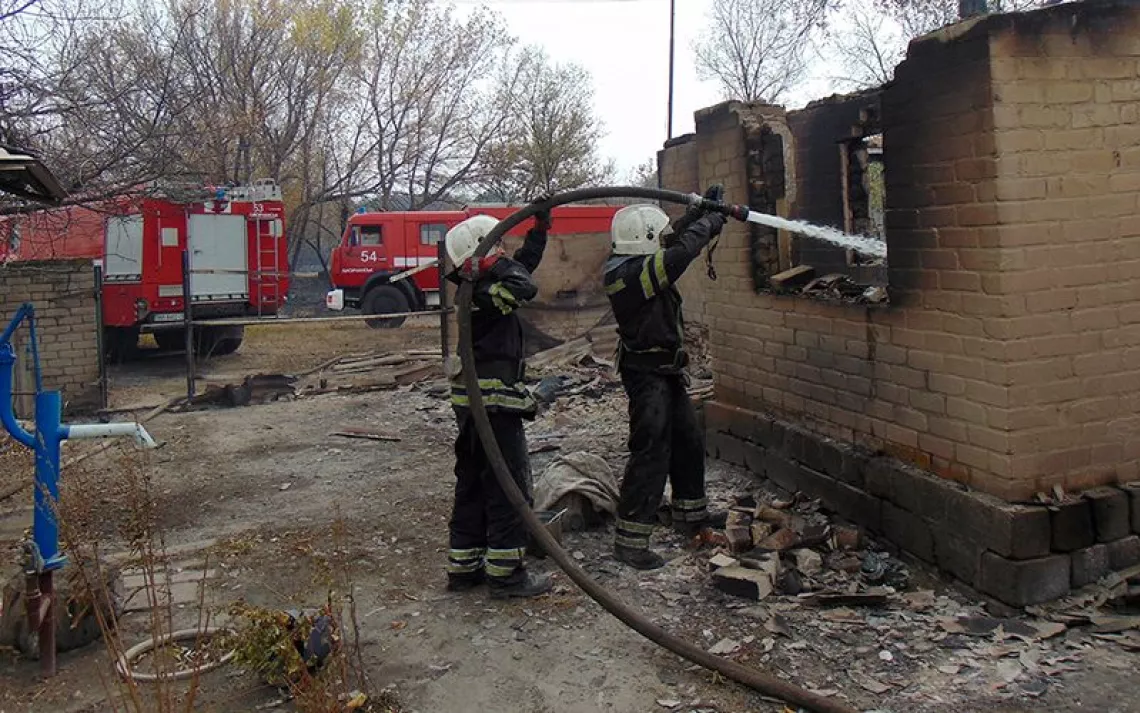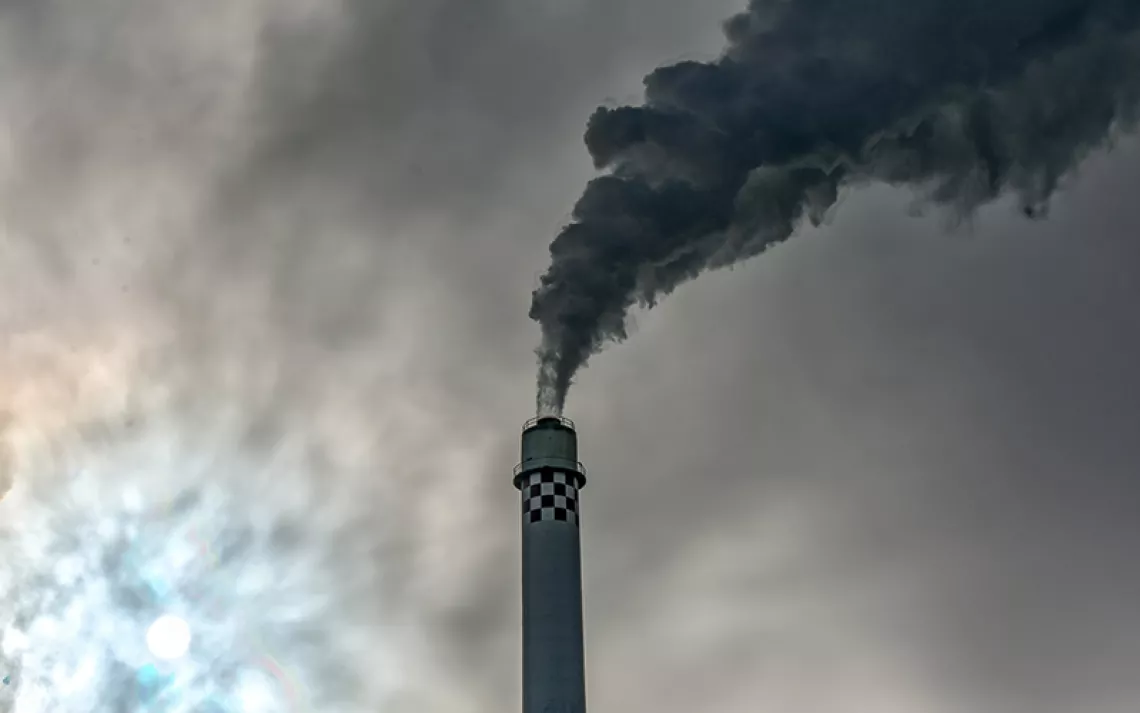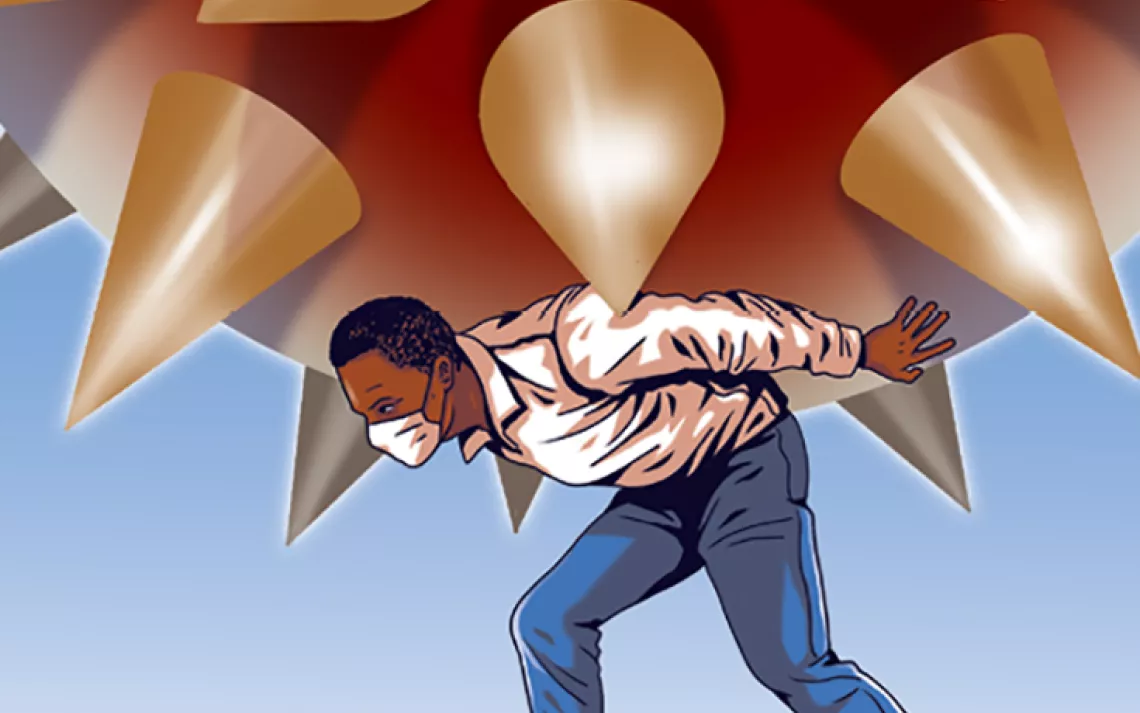ICYMI: Rampaging Park Police, New CO2 Record, Dicamba Banned & More
A weekly roundup for busy people

Illustration by Peter Arkle
National Park Service police officers participate in the violent clearing of peaceful demonstrators from DC’s Lafayette Park to make way for President Trump’s photo op at St. John’s Episcopal Church. Two officers are placed on administrative leave for assaulting Australian journalists. The National Parks Conservation Association, the Sierra Club, and scores of other groups condemn the violence and demand explanations from the park police.
Police in Washington, DC, arrest demonstrators for wearing masks while protesting the killing of George Floyd at a time when DC pandemic regulations require the wearing of facial coverings.
Nine-term Iowa representative Steve King, a climate denier and white supremacist, loses his Republican primary to state senator Randy Feenstra.
More than 387,000 people have died worldwide from COVID-19, more than 107,000 of them in the United States. Worldwide, there are now more than 100,000 new infections every day.
Trump signs an executive order waiving enforcement of bedrock environmental laws like the National Environmental Policy Act and the Endangered Species Act during the “economic emergency” of the coronavirus pandemic.
A monkey attacks a lab technician at a medical school in India and steals samples of blood from patients infected with COVID-19.
Despite the global slowdown caused by the coronavirus pandemic, the amount of CO2 in the atmosphere hit a record high of 417 parts per million in May.
The Centers for Disease Control walks back its guidance encouraging solo commuting in cars as a way to combat the coronavirus pandemic.
Restrictions on off-road vehicles in Southern California have led to the successful recovery of the San Benito evening primrose, which is being removed from the endangered species list.
A new study says that over 500 species of terrestrial vertebrates are likely to go extinct in the next 20 years.
The Ninth Circuit Court of Appeals effectively outlaws the widely used herbicide Dicamba, ruling that the EPA “substantially understated” the risks of its use.
A new study finds that climate change is making rainfall more extreme and extreme rainfall more frequent.
Lightning sparks a 9,000-acre fire in the center of Washington State’s Hanford Nuclear Reservation.
A uranium mill in Utah wants to store radioactive waste from Estonia near Bears Ears National Monument.
The National Park Service is finalizing a rule that would allow hunters in Alaska to shoot bear and wolf cubs in their dens.
Twenty thousand tons of diesel oil leak into the Ambarnaya River in the Russian Arctic, causing it to run red. The spill is blamed on melting permafrost.
 The Magazine of The Sierra Club
The Magazine of The Sierra Club



